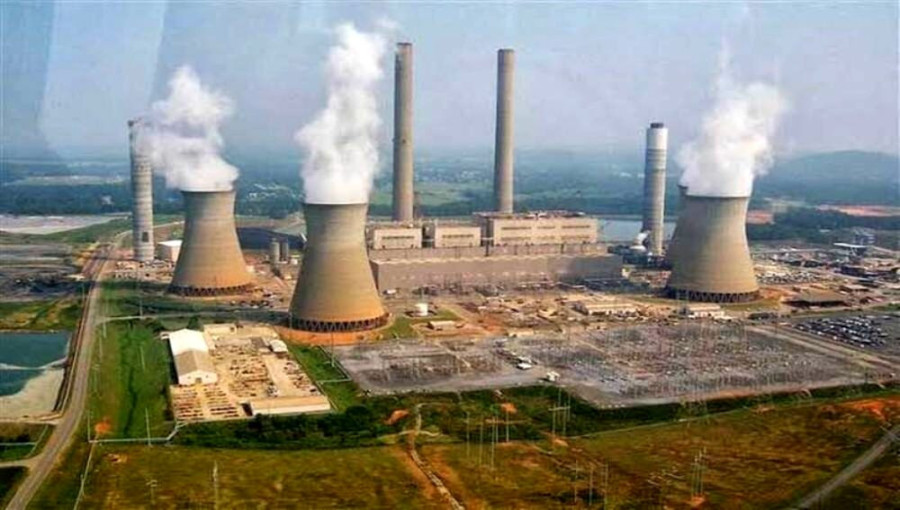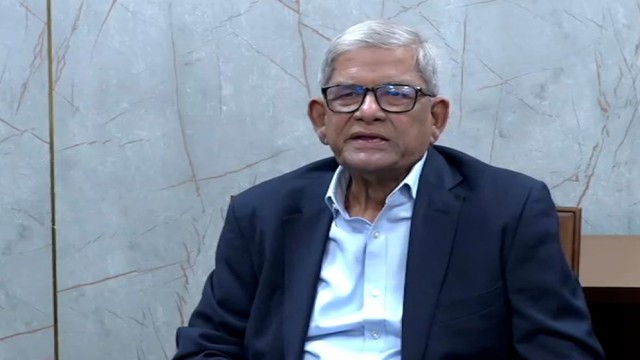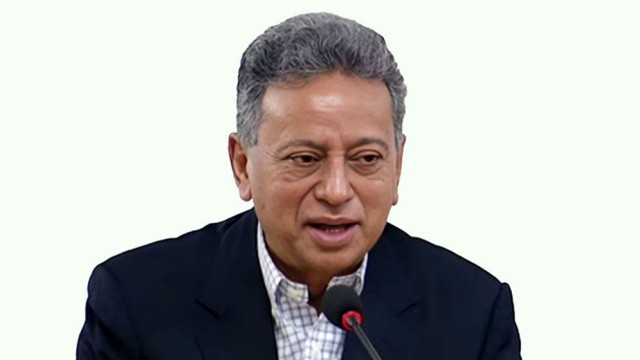Mongla, Jan 15, (V7N) - The Rampal coal-fired power plant, a flagship joint venture between Bangladesh and India, is under intense scrutiny following reports of massive financial irregularities, exploitation of local employees, and an alarming outflow of foreign currency. The plant, jointly operated by the Bangladesh Power Development Board (BPDB) and India's National Thermal Power Corporation (NTPC), has raised serious concerns over its operational policies and financial management.
Salary and Allowance Disparities
Reports indicate that 51 Indian NTPC engineers and officials employed at the Rampal power plant receive disproportionately high salaries compared to their Bangladeshi counterparts. NTPC's pay scale, already more than double that of BPDB, provides these foreign nationals with additional allowances paid directly in US dollars.
Each Indian employee reportedly earns an average monthly salary equivalent to BDT 750,000–1,050,000, including allowances.
A staggering $4,500 per month is allocated as daily allowances, while housing, cafeteria, and other benefits contribute an additional $800 per month per person.
This financial setup has resulted in an annual outflow of approximately BDT 750 million ($6.8 million) from Bangladesh to India, severely impacting the country's foreign exchange reserves.
Shocking Financial Loopholes and Tax Exemptions
One of the most controversial revelations is the tax-exempt status of Indian employees at the plant. While Bangladeshi employees bear significant tax burdens, Indian nationals enjoy complete tax exemptions, creating a stark inequity. Furthermore, allegations of money laundering via informal channels such as hundi have surfaced, with some employees reportedly transferring as much as BDT 2–2.5 million abroad per year.
Operational Mismanagement
The management structure at Rampal appears heavily skewed in favor of Indian employees:
All senior managerial positions, such as General Manager (GM), Assistant General Manager (AGM), and Deputy General Manager (DGM), are held by Indian officials.
Despite the presence of 250 Bangladeshi employees, the ratio of Indian to local staff violates Bangladesh Investment Development Authority (BIDA) regulations, which stipulate a maximum ratio of 1 foreign employee per 20 locals.
Instead of reducing foreign staff as per the joint venture agreement, NTPC appears to be actively preventing promotions for Bangladeshi employees, undermining local capacity-building efforts.
Corruption Allegations and Misuse of Resources
There are troubling reports of corruption involving top management officials, including allegations against Chief Financial Officer Santanu Sinha and Project Director Santanu Kumar Mishra, who are accused of siphoning money through overpriced coal contracts. Other allegations include:
Submission of falsified medical bills for reimbursement.
Loans taken in USD by Indian employees, repaid in Indian rupees, further draining Bangladesh's economy.
Violation of Recruitment and HR Policies
The recruitment and promotion policies at the plant have come under severe criticism. Despite HR policy stipulations limiting the number of NTPC employees, the plant continues to operate with an inflated number of foreign staff. Allegations have also surfaced regarding the manipulation of organizational structures to block promotions for Bangladeshi employees.
Urgent Need for Transparent Audits
The lack of proper auditing mechanisms exacerbates the situation. Only superficial commercial audits are conducted, with no involvement from the government’s General Audit Office. This lack of oversight allows unchecked financial mismanagement and exploitation.
Recommendations and Conclusion
To address the growing concerns, the following steps are imperative:
- Independent Audit: Conduct a thorough audit by an impartial authority to assess financial mismanagement and policy violations.
- Policy Compliance: Enforce BIDA regulations regarding the ratio of foreign to local employees.
- Tax Reforms: Implement tax equality for all employees, regardless of nationality.
- Capacity Building: Prioritize the training and promotion of Bangladeshi employees to ensure self-reliance in plant operations.
- Anti-Corruption Measures: Investigate allegations against individuals involved in corrupt practices and ensure accountability.
The Rampal power plant was envisioned as a symbol of partnership and progress. However, unless these systemic issues are addressed, it risks becoming a case study in exploitation and mismanagement. The government must take decisive action to protect Bangladesh's resources, economy, and workforce.
END/AHS/SMA/































Comment: